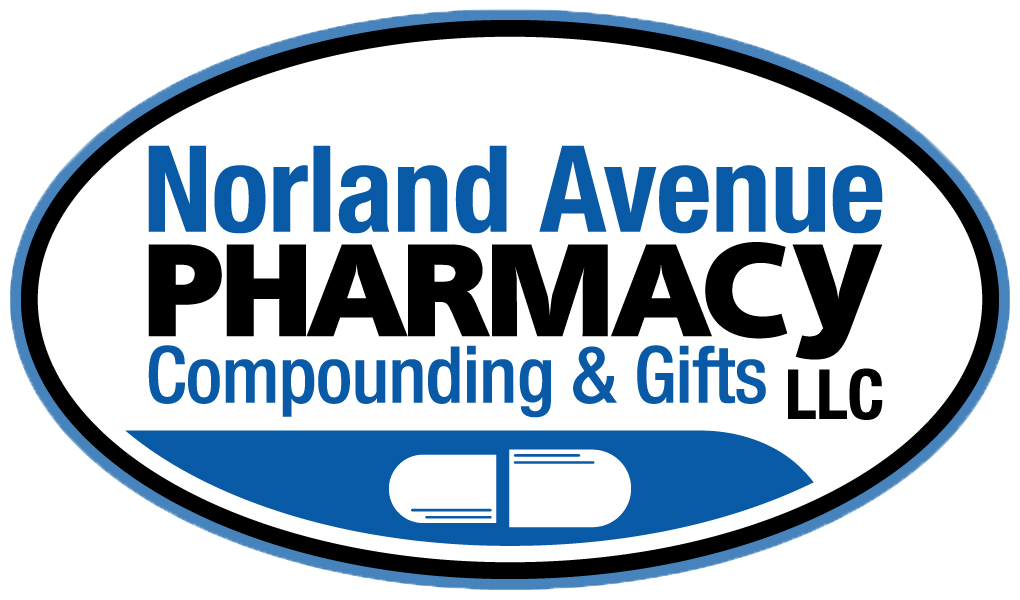Show Your Heart Some Love
- Norland Avenue Pharmacy
- Feb 1, 2021
- 4 min read
Updated: Jul 17, 2024
February is the month of the heart for many reasons. Valentine’s Day is February 14th. It is the holiday of love and the emotional heart. February is also designated as heart month by two separate organizations: Heart Health Month by the Heart Foundation and American Heart Month by the American Heart Association. Go Red for Women is the American Heart Association’s national movement to end heart disease and stroke in women. All three causes center on the physical heart.
So why is there so much focus on heart disease? The physical heart is one of the most important organs in your body; if your heart stops beating, life will not continue. Many people don’t know this, but heart disease continues to be the number one cause of death in the U.S. This accounts for nearly one out of every four deaths in our country.
Having your cholesterol checked is one way of keeping tabs on your heart disease risk. Many patients with high cholesterol will say, “My bad genes are the cause of my high cholesterol, it’s in my family.” Yes, genes can play a part of your cholesterol level, but the study below shows that even if your genes are not favorable, you can make changes to decrease your risk.
A 2016 study was published in the New England Journal of Medicine entitled “Genetic Risk, Adherence to a Healthy Lifestyle, and Coronary Disease”. Here was the conclusion: across the study involving 55,685 participants, genetic and lifestyle factors were independently associated with susceptibility to coronary artery disease. Among participants at high genetic risk, a favorable lifestyle was associated with a nearly 50% lower relative risk of coronary artery disease than was an unfavorable lifestyle.
There you have it, lifestyle modification can lower your risk by nearly 50%. That includes regular exercise, a healthy diet, stress reduction, and good sleep. Making simple changes can prove big benefits in not just cardiovascular health but overall health. The promotion of healthy lifestyle behaviors that were listed in the study include not smoking, avoiding obesity, regular physical activity (at least once a week), and a healthy diet pattern. It really does not require a significant change to make a big difference in decreasing the risk.
Diet & Heart Disease
The root cause of heart disease is simply an inflammation in your arteries. Designing a diet that is anti-inflammatory in nature is one of the best ways to re-duce your risk. A diet rich in antioxidants and phytonutrients that fight free radical damage is one of the keys to treating the underlying condition, which is oxidative stress.
How do you know what the top antioxidant foods are? Anything loaded with fiber, grown directly from the earth, and brightly colored is a good place to start. If you look at evidence from many people living a traditional diet, saturated fats do not cause coronary heart disease. Food containing saturated fats — such as full-fat dairy, organ meats, beef, eggs, lard, and butter — are actually found in high levels in many of the healthiest, longest-living people that have been studied.
Foods that help reduce inflammation and, therefore, the risk of Coronary Heart Disease include:
Fiber-rich and antioxidant-rich foods of all kinds
Vegetables — all kinds — mainly deep green and colorful (avoid potatoes and corn)
Fruits — especially berries and citrus
Herbs and spices
Traditional teas like green tea
Legumes and beans
Healthy fats found in nuts, seeds, avocados, wild-caught fish, coconut oil, and extra virgin olive oil
Raw, unpasteurized dairy products, cage-free eggs, and pasture-raised poultry
Red wine in moderation (keep in mind, wine is not a vitamin)
If you choose a specialized diet to follow regarding food, consider the Mediterranean diet. It is one of the best anti-inflammatory diets there is. Foods commonly eaten in the Mediterranean region include fish, vegetables, beans, fruits, and olive oil. These have been shown to lower cholesterol and triglycerides and reduce symptoms of numerous chronic diseases. Following this type of diet that is low in sugar, processed foods, preservatives, vegetable oils, and artificial ingredients can also help you maintain a healthier weight.
Supplements for Heart Health
There are so many supplements claiming to provide heart health benefits, it can be confusing. We recommend the following:
Coenzyme Q10 (CoQ10):
This coenzyme is found in every cell of your body. Your cells use it to produce the energy needed for cell growth and maintenance. It also functions as an antioxidant, which protects the body for damage caused by harmful molecules.
Omega-3 Fatty Acids:
Omega-3s are found in oil from certain types of fish, vegetables, and plant sources. These fatty acids are not made in the body and must be consumed in the diet or through supplements.

We offer a great product from Ocean Blue: Omega-3 2100 with CoQ10. This complete heart formula blends high concentration Omega-3s with 150mg of CoQ10 to provide a powerful combination to sup-port a healthy cardiovascular system, to provide antioxidant support, and for the production of energy needed by your cells. A 30-day supply is less than $1.50 per day.
*These statements are culmination of the knowledge and experience of the team at Norland Pharmacy. The information provided here is for informational purposes only. Please consult your healthcare provider with questions concerning any medical condition or treatment. Compounded medications are not reviewed by the FDA for safety or efficacy. These statements have not been evaluated by the Food and Drug Administration, and this product is not intended to diagnose, treat, cure or prevent any disease.




Comments